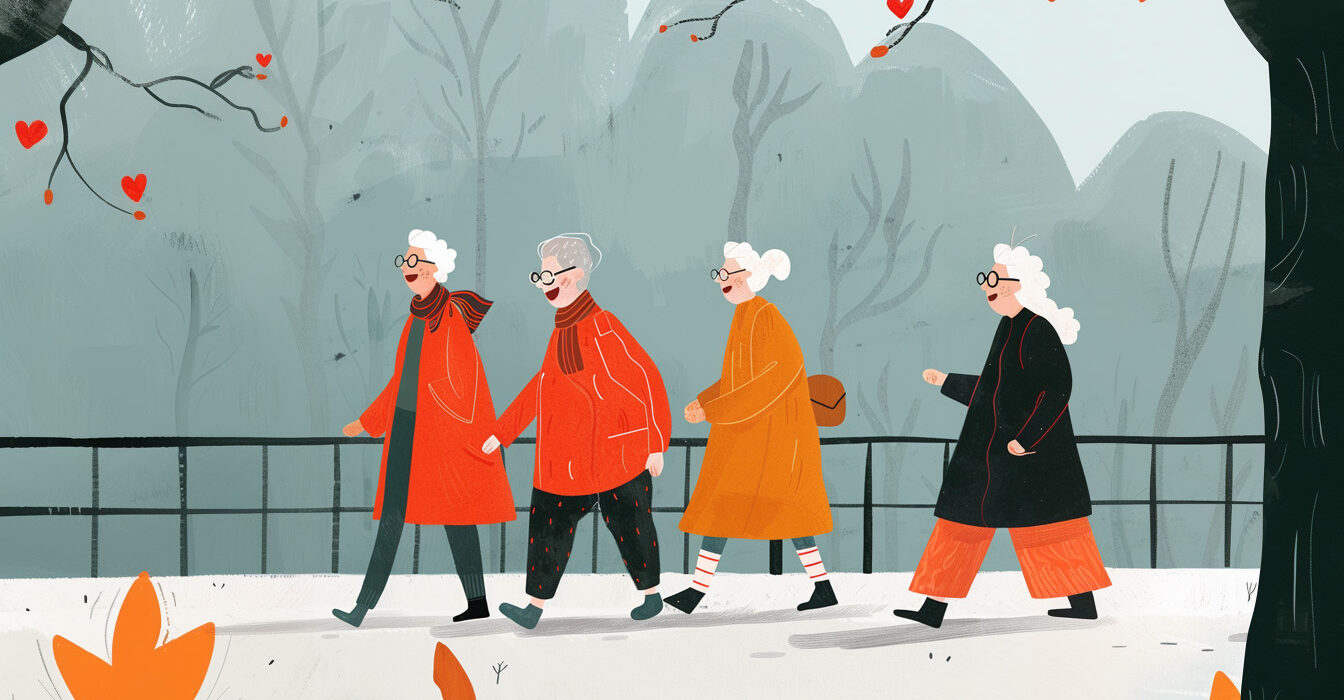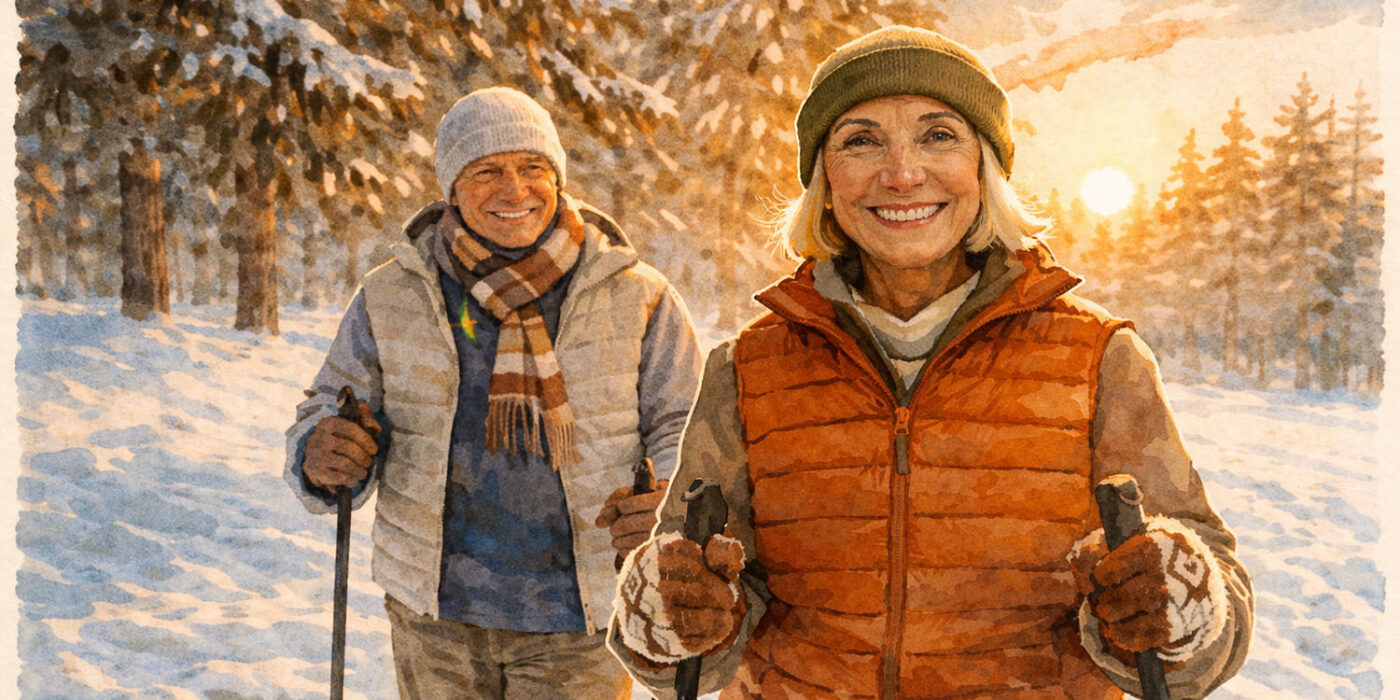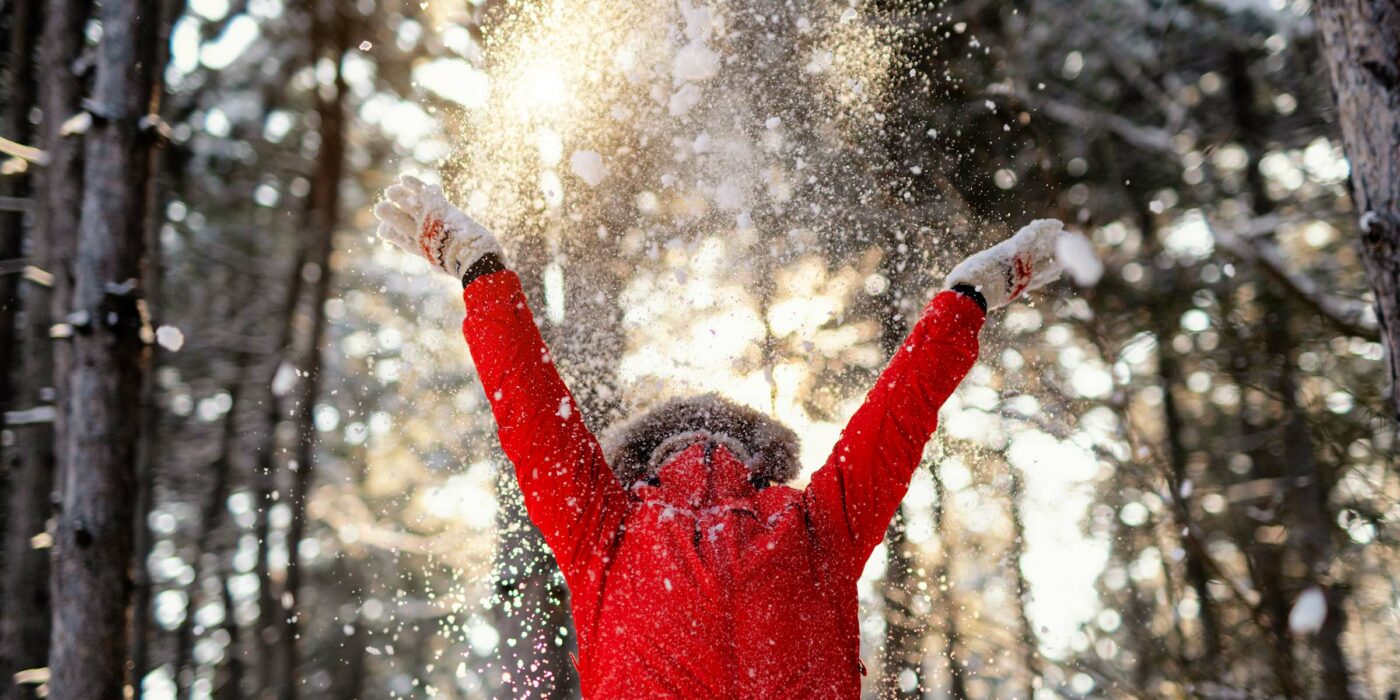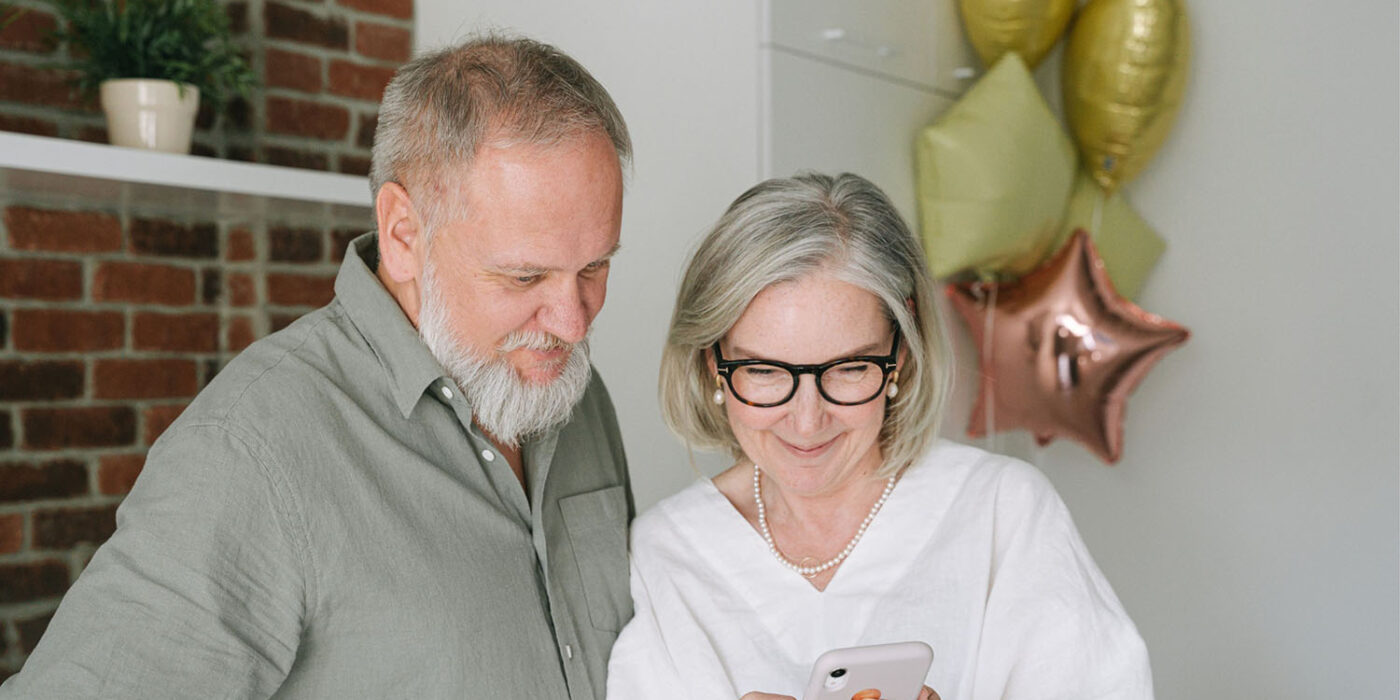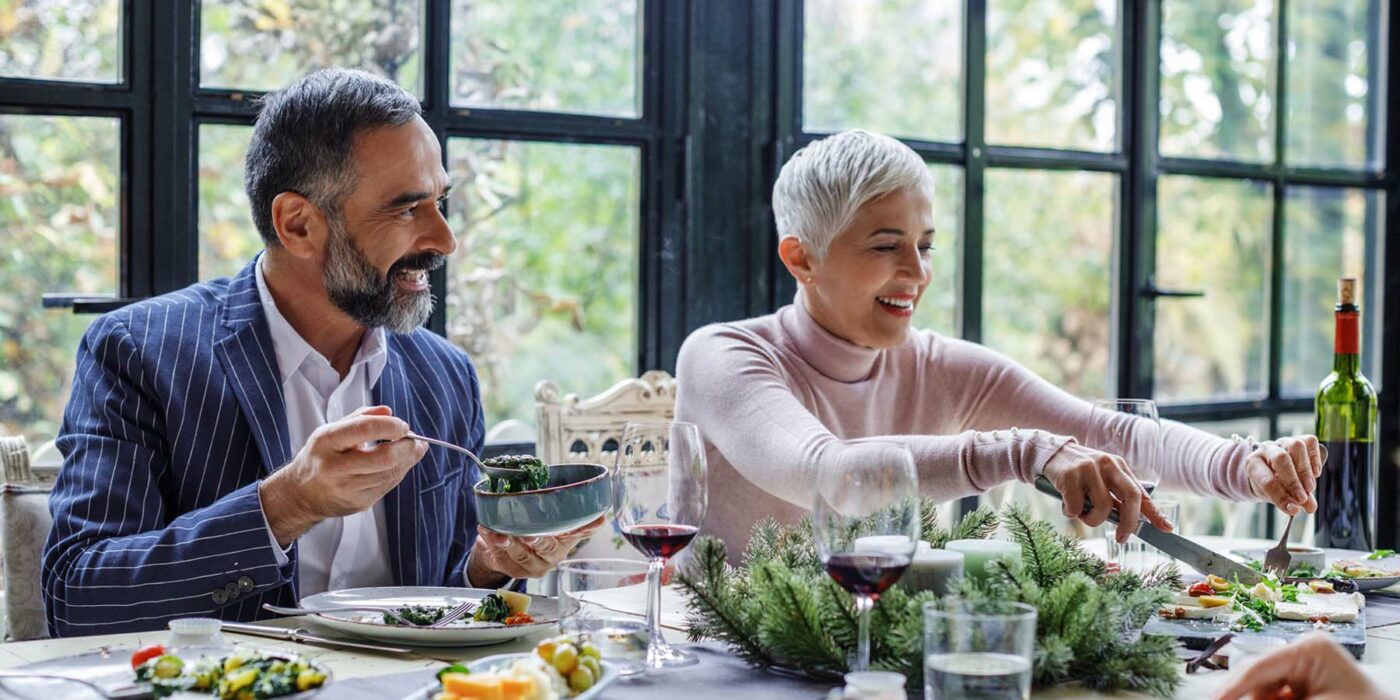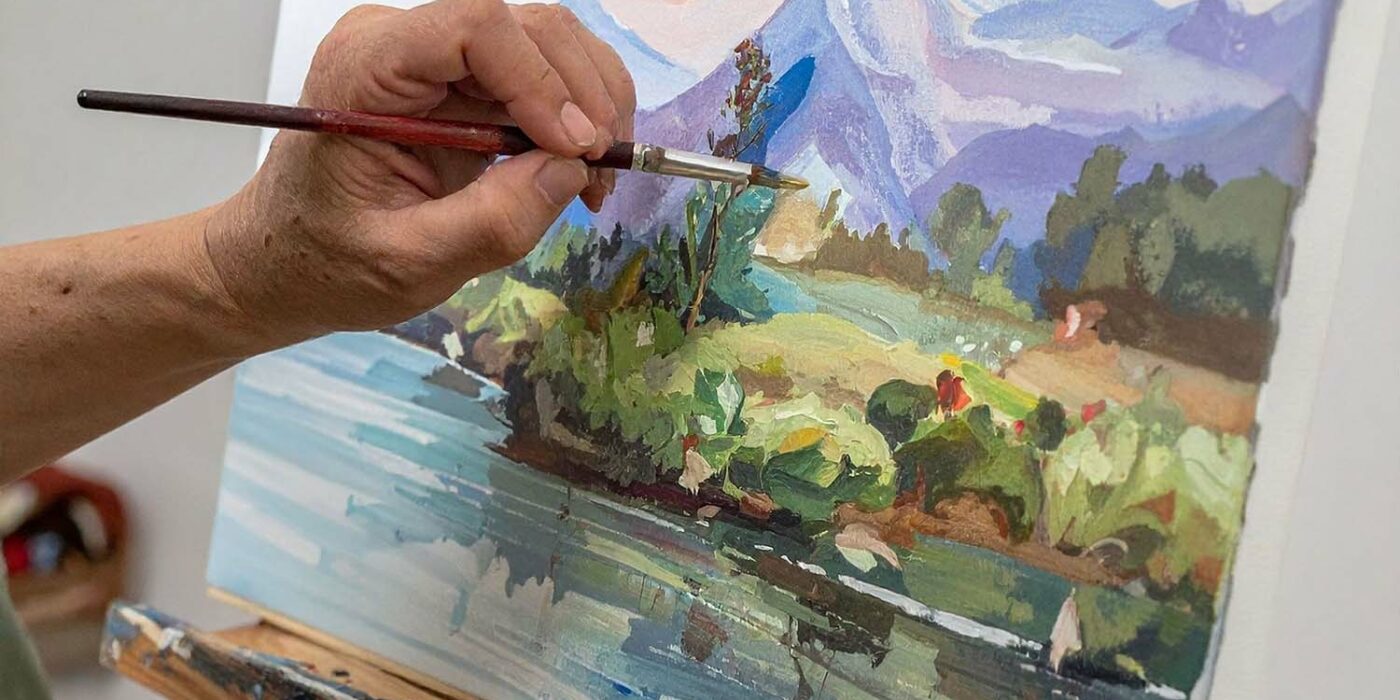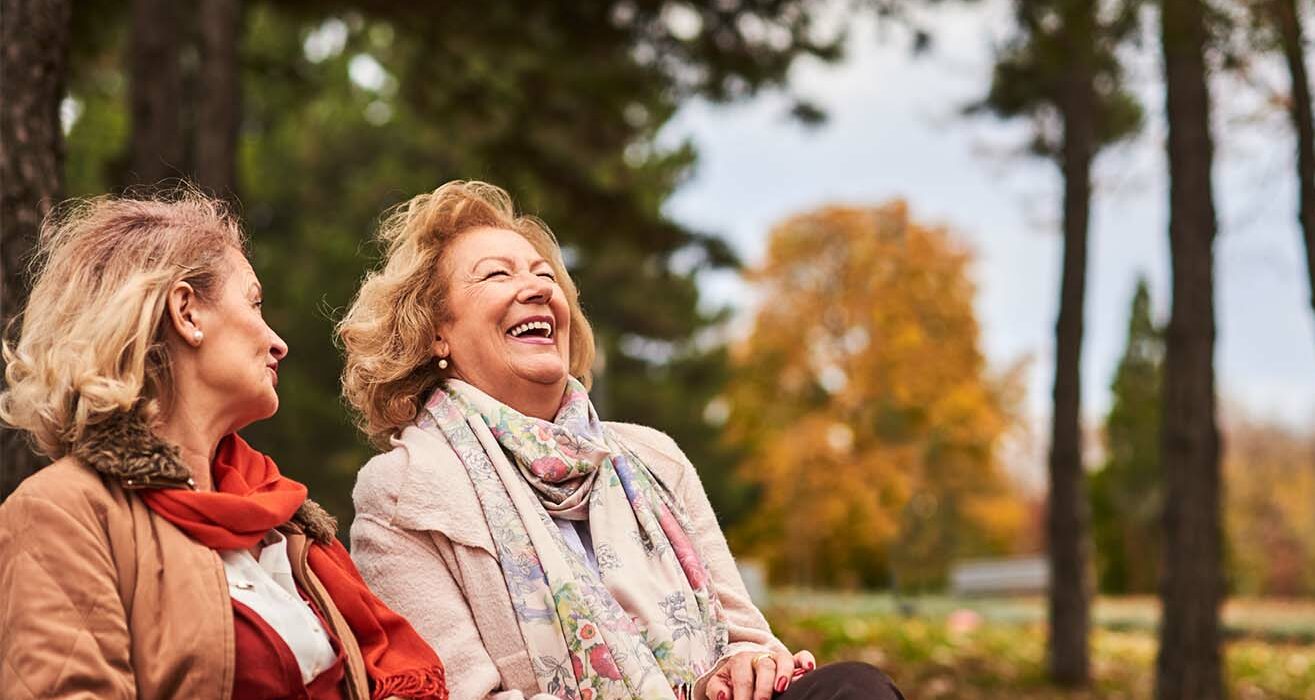A Fresh Take on Love: Choosing a Life That Loves Us Back
What’s the first thought that pops into your head when you think of February? Is it love, hearts, flowers, chocolates, Valentine’s Day cards, perhaps? It’s not just me, right? It’s a month focused on expressions of affection for the people we care for. As warm and fuzzy as that is for a few days, real life and real love on all the other days of the year, is not made of hearts and flowers. It’s so much more. It’s mystery and adventure; it’s grief and sorrow. It’s moments of utter joy and absolute sadness. Life is made of real people living real lives and as much as we may claim to love our lives, my question for myself and for you is how well does our life love us back?
Love from others is beautiful and many of us are conditioned to believe that love from other people is what love is. But there’s a fresh kind of love we don’t talk about enough, especially as we grow into the richest, wisest era of our lives. It’s the love we offer ourselves by choosing a life that truly supports who we are becoming as we age.
“The best love is the one that makes you a better person, without changing you into someone other than yourself.” – Unknown
At Wellings, we call it carefreedom: a way of living that removes unnecessary weight from our shoulders, so our spirit is free to rise. It’s the feeling of waking up in a space where you decide how the day unfolds, not the other way around. It’s where the rhythm of your life matches the rhythm of your heart. It’s where your day is filled with possibility, and sometimes for the first time, you experience true liberation and sovereignty. It’s remarkable how different life feels when it stops demanding of us and starts giving back to us.
When we’re young, we feel we have so much to prove and life wants a lot from us but as we age into the wisdom years, we have nothing to prove. It’s time to break free. Choosing a carefreedom lifestyle means that life isn’t chasing you with a to do list or a schedule. It doesn’t dictate who you should be or what you should do. This is where life meets you: exactly where you are with respect and ease. That’s what it means to live a life that loves you back.
And perhaps the sweetest part is that when we choose a lifestyle that supports us, there are unexpected surprises. We often rediscover parts of ourselves we thought were long gone. Joy brightens, laughter deepens, conversations spark curiosity. Even our sense of connection shifts from something accidental to something intentional. I recently heard Maria Shriver describe home as a fueling station, and I was struck by how true that feels. Home should replenish us. It should give back what the world takes out of us. It should be the place where we refuel emotionally, socially, and spiritually. It’s where we can gather strength for whatever comes next.
“You are never too old to set another goal or to dream a new dream.” – C.S. Lewis
In a community setting, this idea becomes even more powerful. There’s an atmosphere of renewal, because everyone is beginning a new chapter. You have the freedom to start fresh, to show up as you are today, not who you used to be or who others expect you to be. You can share your story if you choose, or you can let it unfold naturally over time. There is no requirement to carry a complicated backstory into every interaction. You meet people in the present moment, and they meet you there too. This is what living well in community can offer: the chance to be energized by the people around you, to form new relationships that feel nourishing, to feel yourself growing more connected and more fully alive. It truly is a fueling station for the next beautiful stretch of your journey.
This, to me, is the essence of modern aging. It’s not about slowing down; it’s about waking up. It’s not about retreating, it’s about expanding. It’s not accepting someone else’s outdated script, but writing a new one that honours your wisdom, your vitality, and your desire for a lifestyle that nurtures your well-being in body, mind, and spirit. Aging, as I see it, is far less about counting years and far more about choosing how we want to feel. And choosing a life that loves you back is one of the most powerful acts of love you can offer yourself at any age.
“Love is not something we give or get; it is something we nurture and grow.”
– author, Bell Hooks
February, with all its heart-shaped symbolism, is the perfect moment to remember this. It’s a reminder that love isn’t something we outgrow. It’s something that evolves with us. And as we celebrate love in its many beautiful forms, I invite you to ask yourself one simple question. Does my life love me back? If the answer is yes, cherish it. If the answer is not quite, perhaps it’s time to imagine what would make it so. A fresh start doesn’t always require dramatic change, sometimes it begins with choosing more ease, more joy, more connection, more room to breathe. Life has a way of meeting us with possibilities when we make space for them. And sometimes, that brave choice changes everything.

